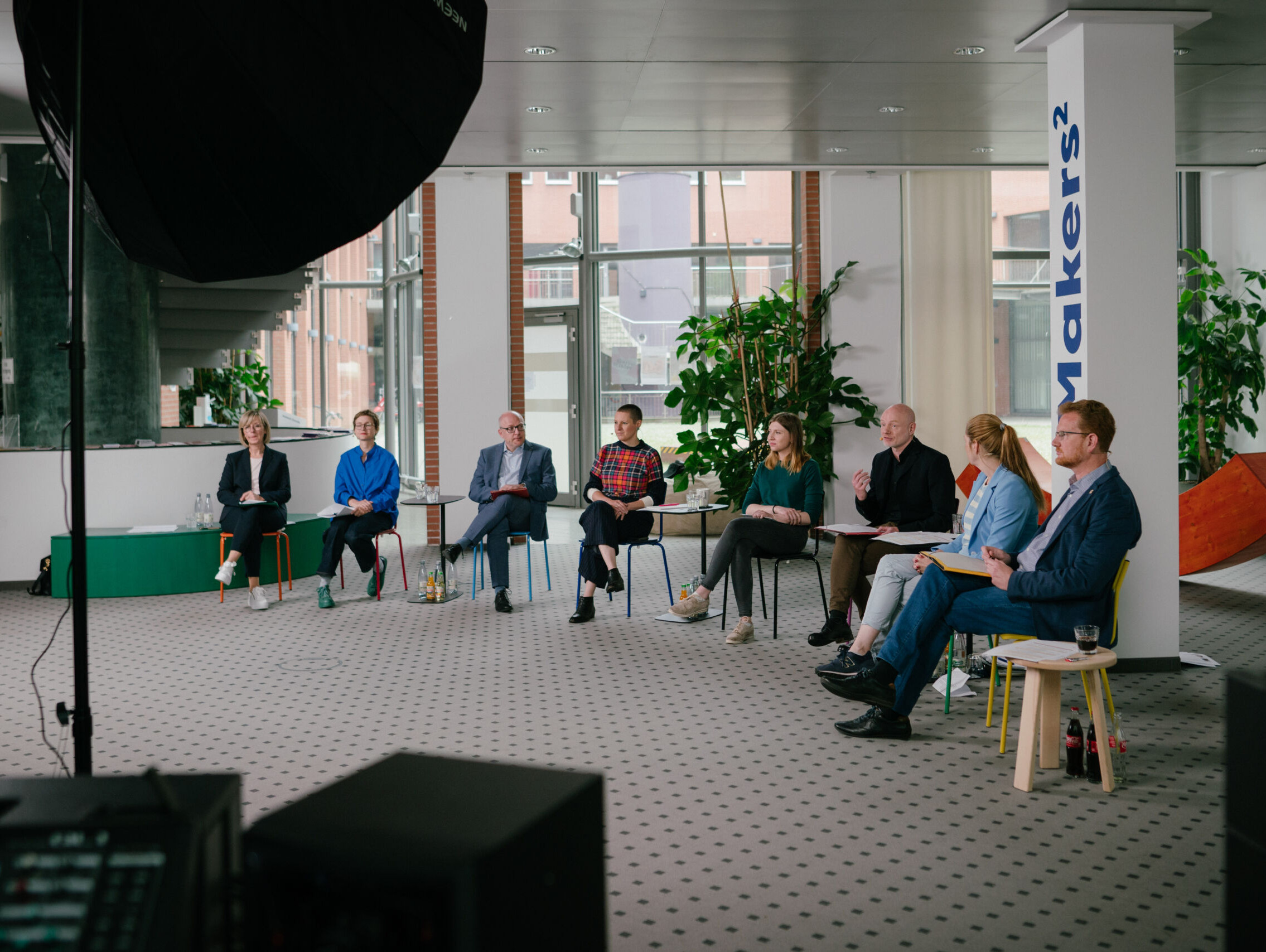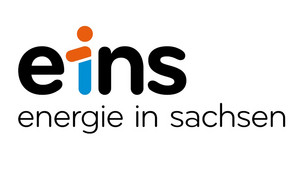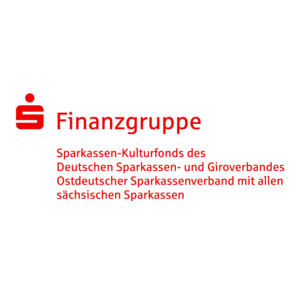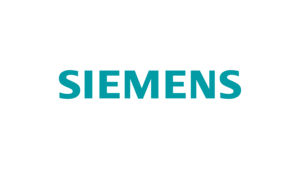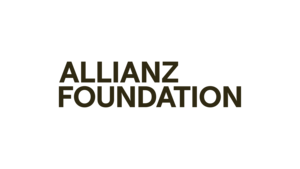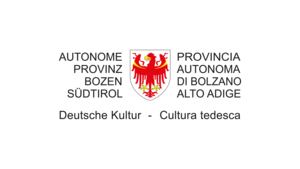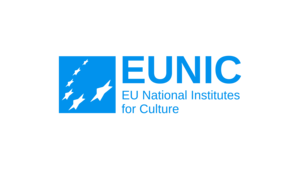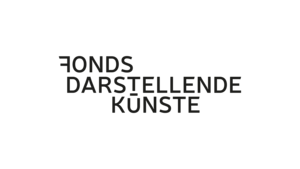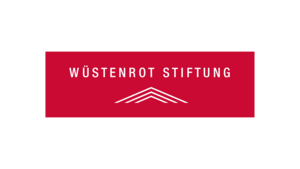Monitoring report by EU experts welcomes significant progress in the work process for the European Capital of Culture Chemnitz 2025: The European Commission's panel of experts published its report on the second monitoring of the European Capital of Culture Chemnitz 2025 on 4 July 2023.
The European experts praised the significant progress the city has made since the first report in autumn 2021. The discussion and exchange with the panel on 23 May was an important moment of reflection on the European Capital of Culture process in Chemnitz and a valuable external perspective. The comments and recommendations contained in the report form the basis for further work.
Lord Mayor Sven Schulze: "This report by the EU experts acknowledges the efforts of recent months: the necessary structures have been further developed, stakeholders and partners have been brought on board and, above all, work on the programme has been further intensified. Now the hot phase of preparations begins. I am confident that together - the City of Chemnitz, the European Capital of Culture Chemnitz 2025 GmbH and the many other partners involved - we will succeed in making the title year 2025 a great success and that Chemnitz and the region will present Europe in all its facets in a first-class manner."
Three EU monitoring reports will accompany the Capital of Culture process. The first report was submitted in autumn 2021 and Chemnitz must submit a final third report in autumn 2024.
Recommendations of the expert panel - further steps in the process:
The expert panel has provided the report with comments and recommendations that emerged from the monitoring meeting on 23 May. Lord Mayor Sven Schulze and Andrea Pier, Co-Managing Director of the European Capital of Culture Chemnitz 2025 GmbH, have commented on this and described the next steps in the process.
- Recommendation 1: "There is a need to ensure a firm and structured project management approach, supported by careful monitoring and progress control, to drive results and deliveries forward on time. This is further achieved through clear project direction and milestones. For key positions, formal project management training should be considered." Preparation is now entering the final and most important phase. Accordingly, a coordination team has been set up in the city of Chemnitz, which uses a project management tool to visualise the status of preparations. A project management system is also being set up at the GmbH to make it easier to recognise the respective statuses.
- Recommendation 2: "There is a need to continue developing and exploring the legacy of Chemnitz2025, not only for the city itself, but also for Europe as a whole - the added value of the ECoC (European Capital of Culture) brand and the lessons learnt for other cities and regions across Europe." Lord Mayor Sven Schulze: "I very much welcome the fact that the Commission, like us, attaches great importance to making the legacy of the European Capital of Culture increasingly visible. By the end of this year, we will show how the Capital of Culture process will have a lasting impact not only in Chemnitz and the region, but also in relation to Europe." However, the after-effects of the Capital of Culture title are not a "wish list" for new projects, but are intended to show which projects and locations will stand for the development of Chemnitz, the region and the respective societies after the actual title year 2025. One example of the after-effects is the "Young Capital of Culture" programme, for which the City of Chemnitz has received almost 7 million euros in funding from the Federal Ministry of Culture and Media until 2029. Further projects are about to be finalised.
- Recommendation 3: "The panel recognises that the motto "less is more" applies in this phase of the ECoC project, as the focus on implementation is important, but insists that at the same time high ambitions are maintained, which were expressed in the application dossier and led to the selection of Chemnitz as ECoC 2025." Co-Managing Director Andrea Pier: "The GmbH will continue to work with full energy to implement the ideas from the bid book with the city's community and its partners. The fact that one project or another will change (as happened with the reorganisation of the flagship project "We Parapom") or merge with other projects is a completely normal process. Tenders are currently being invited for new projects. In addition, various applications for additional third-party project funding have been and will be submitted together with the partners in order to provide the best possible financial support for the realisation of the projects. Throughout the entire project development process, it is important to us to involve the partners transparently and openly."
- Recommendation 4: "The panel recommends more careful expectation management for all stakeholders and target groups involved. To make this possible, effective communication is of the utmost importance." The need to expand communication has been recognised as an area for optimisation in recent months and intensive work is underway. The dialogue with bidbook partners and other stakeholders in the city and region will also be further intensified in the coming months. Additional staffing is also planned in these areas. A detailed communication strategy for the coming years up to 2026 is currently being developed.
- Recommendations 5 and 6: "The panel once again emphasises the need to strengthen the European dimension during design, planning and implementation. Although the Panel acknowledges the limitations of some of the initial concepts in the Bid Book mentioned during the presentation and discussions (e.g. the silent middle), it stresses the importance of implementing these interesting concepts through programme and communication activities in a smart and creative way." The European dimension of the bid is one of the key messages of the Bidbook. The GmbH is working on this in many projects and will also emphasise this more clearly in the coming months and then communicate it accordingly. A tender for cross-border projects between Poland, the Czech Republic and Germany is currently underway. Many of the Bidbook partners already active this year are becoming increasingly internationalised, such as the Makers United hands-on festival or the Begehungen art festival. There are already many collaborations with international artists and makers. In June, as part of the European Workshop for Culture and Democracy flagship programme, the GmbH launched a discourse series entitled "What can the Capital of Culture do in Chemnitz?", which invites people to discuss the potential of the Capital of Culture title together. The Commission's recommendation is seen as a sign that, in addition to involving local stakeholders, the international dimension should not be lost sight of.
